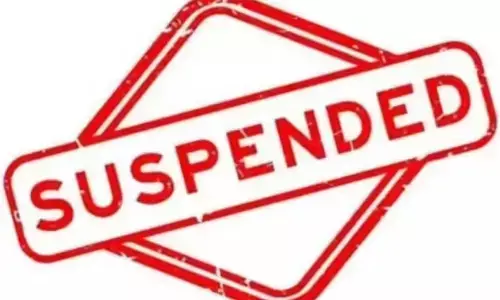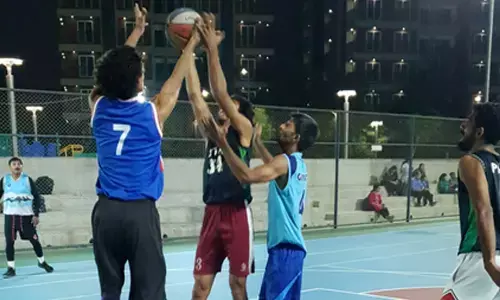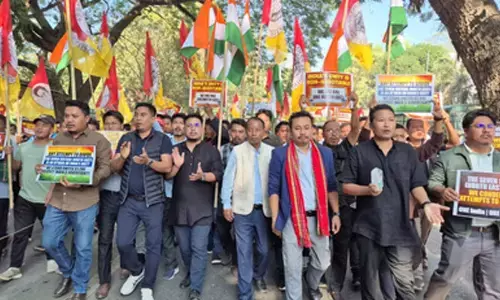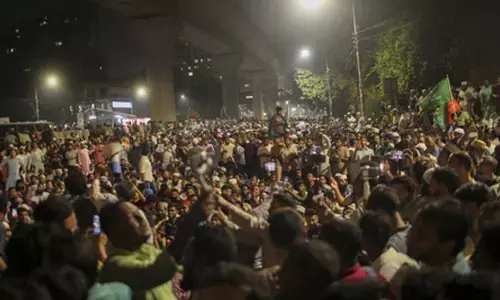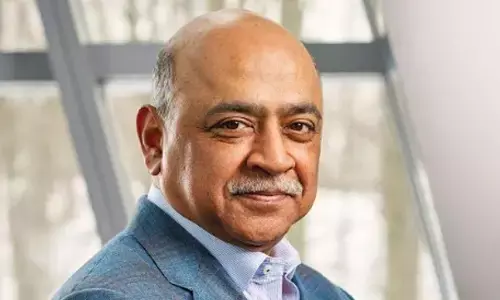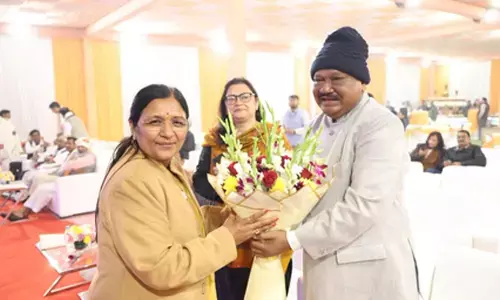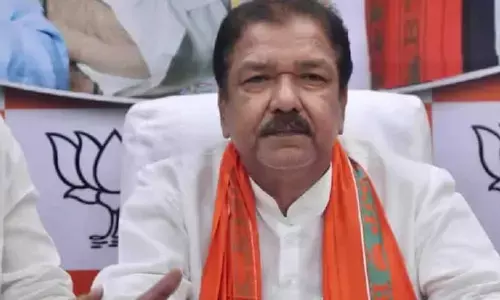Themes for 71st R-Day tableaux: Goa's 'save the frog' campaign, J&K's 'back to village' programme
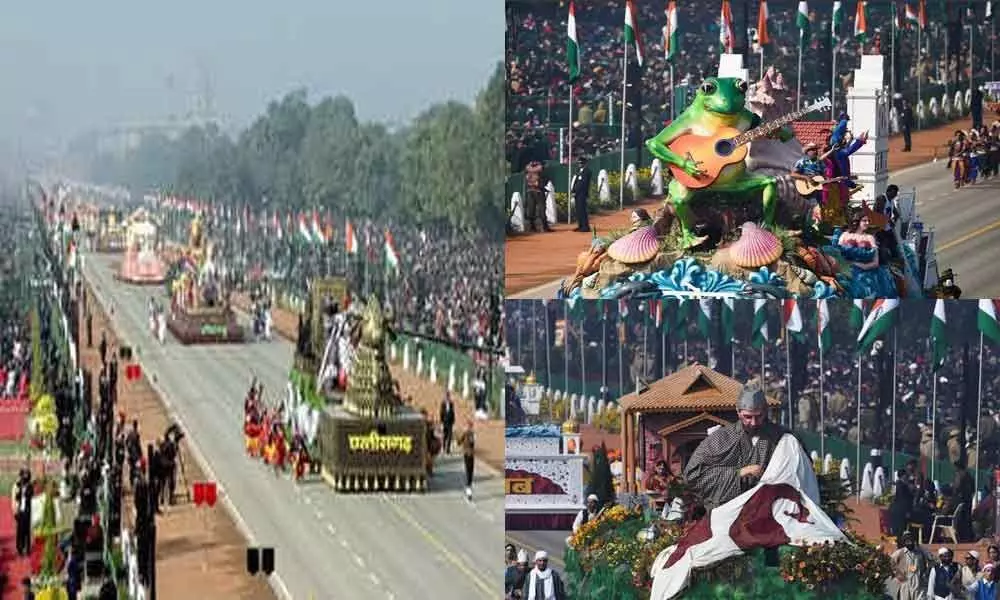
Goa's 'save the frog' campaign, Jammu and Kashmir's 'back to village' programme, scaled down model of Rafale aircraft besides others in Indian Air Force's tableau were among themes of the 22 tableaux that rolled down Rajpath here during the 71st Republic Day parade on Sunday.
NEW DELHI: Goa's 'save the frog' campaign, Jammu and Kashmir's 'back to village' programme, scaled down model of Rafale aircraft besides others in Indian Air Force's tableau were among themes of the 22 tableaux that rolled down Rajpath here during the 71st Republic Day parade on Sunday.
The Indian Air Force tableau showcased scaled down models of the Rafale aircraft, the Tejas aircraft, the Light Combat Helicopter, the Akash Missiles System, and the Astra Missiles against a sky blue background.
While the tableau of the Ministry of Jal Shakti showcased the government's new initiative "Jal Jeevan Mission" aimed at providing functional tap connection to every rural household by 2024, the National Disaster Response Force tableau featured cutting-edge technology and instruments used by the NDRF during rescue operations in flood-hit areas and Delhi's Anaj Mandi inferno last year.
Jammu and Kashmir, which participated in the parade for the first time as a Union Territory, had the "Back to Village'' programme as its theme. The programme launched last year is a first-of-its-kind initiative to reach out to the people at the grassroots level.
The rich sartorial and cultural heritage of the region was depicted in the tableau with a shawl weaver in the front. The flora and fauna were shown in the middle complemented with Dogra and Kashmiri folk culture.
Goa's tableau depicted its seashore along with its biodiversity and livelihoods apart from highlighting the state's campaign to 'Save the Frog', an anti-frog poaching campaign.
Out of the total 22 tableaux, 16 were of various states and UTs and six of ministries, departments and the National Disaster Response Force (NDRF).
The Walled City of Jaipur, which was accorded the UNESCO World Heritage tag in 2019, was the overriding theme of the Rajasthan tableau, depicting the Pink City's architectural grandeur and the state's vibrant culture reflected in its folk songs and dances.
The 550th birth anniversary of Guru Nanak Dev in 2019 was the theme of the Punjab's tableau in the parade.
The Sikhism's architectural and cultural heritage was portrayed in the tableau, with messages 'Kirat Karo', 'Naam Japo' and 'Vand Chhako', which form the cornerstone of the Sikhism, depicted in panels.
Gujarat's architectural wonder Rani Ki Vav was the centrepiece of the state's tableau, complemented with folk culture and dances performed by artistes.
Rani Ki Vav or Queen's Stepwell initially built by Rani Udayamati as a memorial to her husband King Bhimdev I in the 11th century in Patan district of the state was inscribed into the UNESCO World Heritage List in 2014.
The majestic architecture of the stepwell was showcased in the tableau that was fronted by a statue of a village woman wearing Patola saree of Patan.
Tableaus depicting tribal museum in Madhya Pradesh, Kullu Dusshera festival in Himachal Pradesh, Rath Yatra in Orissa and Iyyanar deity statue in Tamil Nadu also rolled down Rajpath.
Other states which took part in the grand parade were Chhattisgarh, Tamil Nadu, Telangana, Himachal Pradesh, Madhya Pradesh, Andhra Pradesh, Odisha, Uttar Pradesh and Karnataka.








